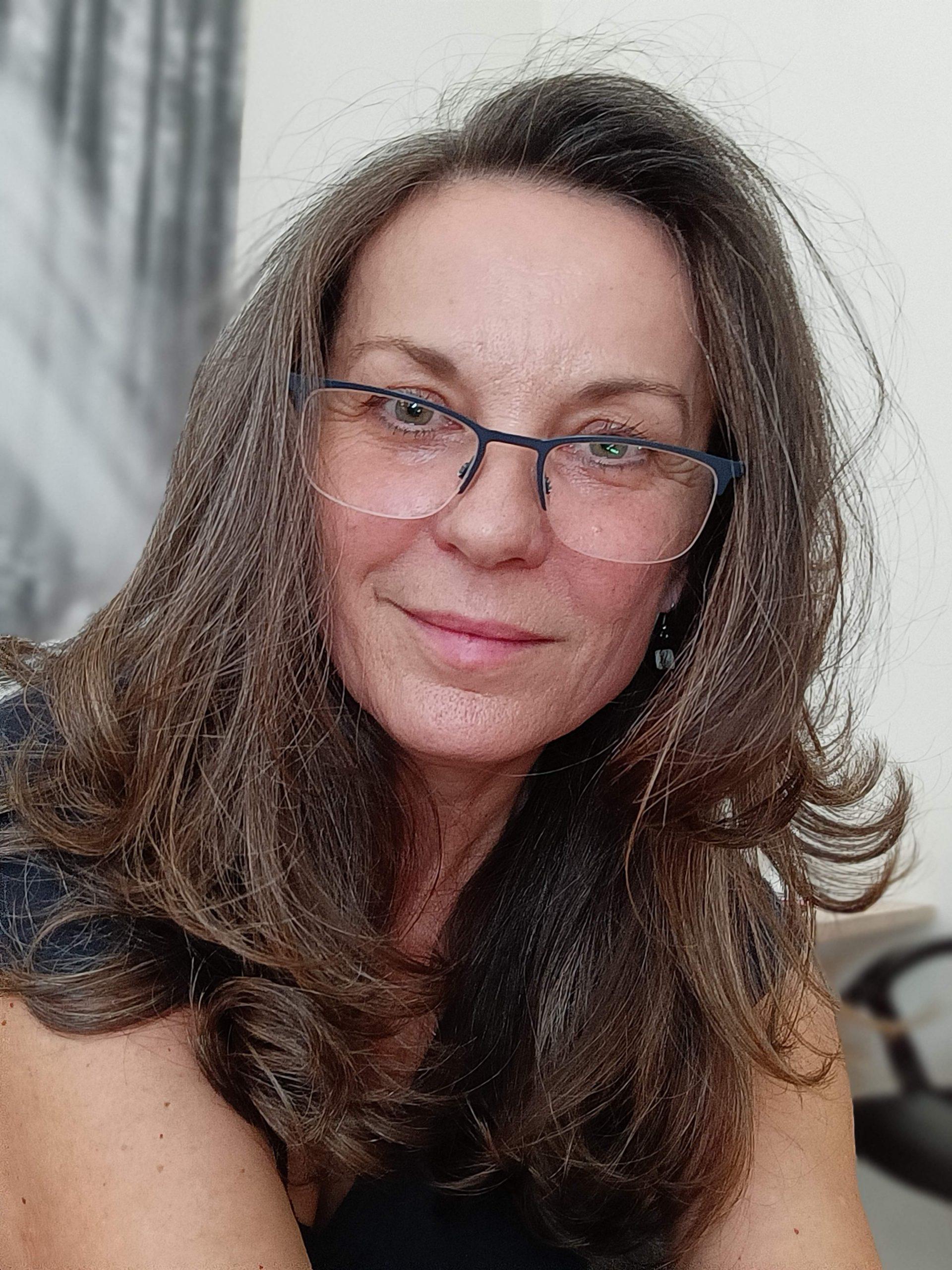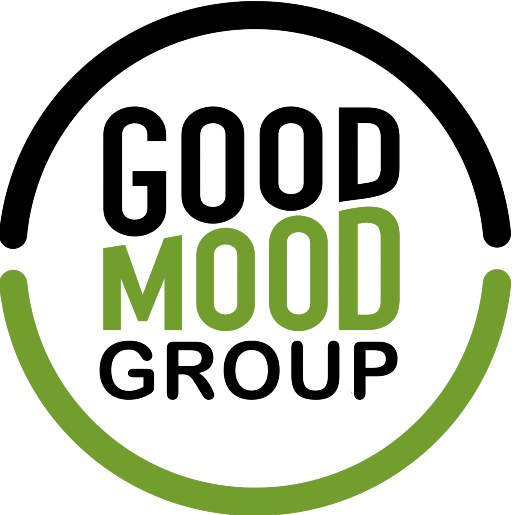
1) Could you tell us a little about your career and areas of expertise/interest?
I have a double BA degree in Psychology and in Theatre and Film Studies from the University of New South Wales. I graduated in 1998 with 1st Class Honours in Psychology, the Australian Psychology Society Prize for best performance in Honours, and the University Medal for Highly Distinguished Academic Merit.
I continued at UNSW and gained a Master of Clinical Psychology and a PhD degree in 2003. My PhD research investigated worry and anxiety in both adults and children. It established my life-long interest in understanding anxiety disorders and a desire to help those who live with these often disabling conditions.
In 2003 I took up an academic position as a lecturer in the School of Psychology at the University of Sydney. At about this time I also developed an interest in mindfulness and other types of meditative, contemplative practices. My teaching and research have primarily focussed on anxiety, depression, stress, stress-related coping behaviours, and mindfulness. My research has been reported in more than 50 international publications and conference presentations.
In addition to my academic work, I have a private clinical practice in Sydney. My main approach to treatment is Cognitive Behaviour Therapy (CBT), known to be the ‘gold standard’ for the treatment of most psychological problems. I am also very interested in the practice of Schema Therapy, an approach that seeks to understand a person’s long-term patterns of behaviour and to achieve lasting change via the emotional processing of adverse early experiences.
2) What drew you to this line of work/research in the first place?
Anxiety is such a common experience, being able to know when it is helpful and when it is harmful is a very important aspect of being able to help people. In term of therapy, I was naturally drawn to mindfulness and schema therapy, as they both provide an additional depth to working from a CBT background.
3) How do you look after your own physical and mental wellbeing?
After I was diagnosed with a chronic pain disorder, I realised that I had not been following the advice I often give to my clients. Since then, I have made a commitment to making my health an absolute priority, working less, spending more time resting, sleeping well, and enjoying a state of calm.
4) Do you have a favourite post-workout cafe?
I’m not usually hungry after a workout and have no desire to go to a cafe. I tend to walk home from the gym or the park after my workout and enjoy the feeling of elation I get from physical activity.
5) What is one thing you wish people knew about wellbeing?
Achieving more and more while not caring for yourself will be detrimental for your wellbeing.
Caring for others more and more while not caring for yourself will be detrimental for your wellbeing. (These are two things, but they tend to be the two main things that lead people to burnout.)
6) What is one of the most ridiculous things you’ve read or seen about wellbeing that you know to be untrue?
Too many to mention. Sadly, the number of conspiracy theories and anti-science messages grew exponentially during the COVID-19 pandemic. It is disheartening to see so many of these on social media.
7) Do you have any favourite books, podcasts or websites on health or wellbeing that you’d recommend?
I really like listening to anything by Dr Norman Swan.
8) What is your top tip for living a healthy and happy life?
Make your health a priority, and build positive, supportive relationships. Start today.
